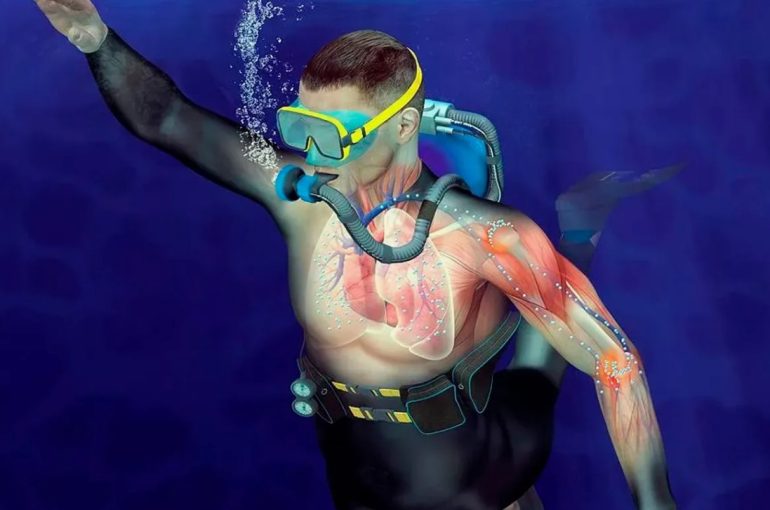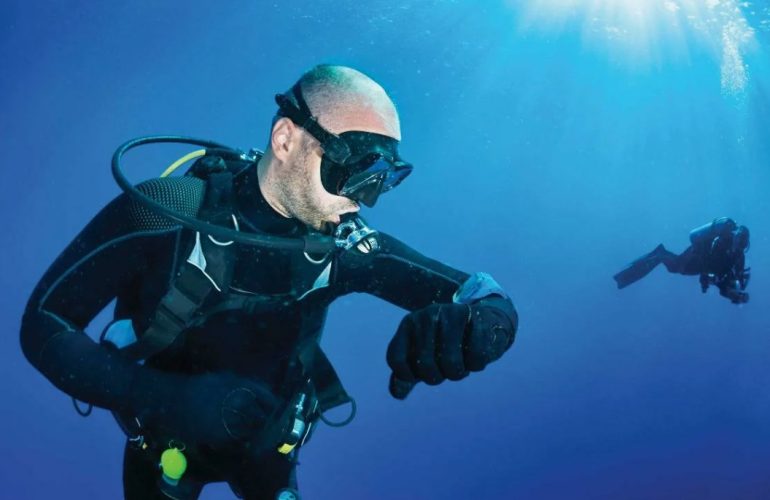
Essence of Early Detection for Safe Dives
Every dive brings thrills and a sense of freedom, but there are real health risks to be aware of. Among these, Decompression Sickness remains a notable concern for people who venture underwater. Recognizing subtle, often overlooked warning signs during or after surfacing can mean the difference between prompt help and escalating symptoms. Not every symptom appears strong or sudden at first. Persistent self-awareness allows divers to quickly notice any physical change and decide if action should be taken straight away. Understanding your body’s reactions sets the stage for healthier diving experiences.
Even professionals sometimes miss faint symptoms after multiple successful dives, so it’s always wise to watch for new sensations or pains.
Typical Signals to Look For
Physical Signs in Early Stages
Decompression Sickness may begin with mild discomforts. The most frequent signal is aching pain in joints, usually the shoulders, elbows, knees, or ankles. Tingling, numbness, or a pins-and-needles feeling can follow, sometimes with associated fatigue that lasts for hours. Headaches or dizziness, not explained by obvious causes, are also common markers. These changes might show up within minutes or a couple hours post-dive, depending on the body’s reaction to nitrogen bubbles. Swelling, rash, or itching skin on the trunk or limbs may also appear unexpectedly.
- Persistent or moving joint pain
- Unusual skin sensations: itching or rashes
- Sudden tiredness, confusion, or headaches
- Stiffness with restricted movement
- Visual disturbances or mild disorientation
Not every symptom appears strongly—sometimes only a faint ache or skin rash suggests a need for closer attention.
What to Do When Symptoms Appear
Swift response to warning signs can reduce risk and support recovery. At the first hint of Decompression Sickness, stop any physical exertion and seek a shaded or cool resting place. Remove gear and remain still, avoiding deep breathing or strenuous movement. Hydrate gently if possible, and alert team members or guides so professional help can be arranged. Don’t ignore vague pain or changes in mood—timely communication boosts chances of smooth treatment. Divers who suspect symptoms should avoid climbing altitude or flying until medical professionals confirm it’s safe.
- Stop exercise and rest immediately
- Notify a partner or staff for help
- Avoid caffeine or dehydration
- Monitor symptoms and seek assessment
Early action may reverse mild symptoms and protect health, while delays allow discomfort to grow.
Expert Advice for Safer Dives
Divers are encouraged to keep personal logs after each trip. Noting feelings, aches, and mental state builds awareness over time. Practicing slow ascents and following established safety stops lower the chance of gas bubble formation. Discuss previous symptoms with instructors or local medical providers before the next adventure. Joining first-aid seminars specific to underwater activity helps improve recognition and decision-making. A team approach, where everyone feels responsible for each member’s health, sets a solid standard for group safety.
- Journal after each dive
- Stick to ascent protocols
- Share any past symptoms honestly
- Attend medical workshops for divers
Practical Awareness Goes a Long Way
Knowing your own body’s limits before and after a dive is the foundation of safe exploration. Quietly observing small changes lets you notice the start of Decompression Sickness before others do. Practicing smart habits protects both yourself and those who depend on you as a teammate. Every responsible action extends your chance of enjoyable and repeatable trips under water. Timely help and self-care earn long-term benefits for the whole diving community.
Divers should remember the need to spot Decompression Sickness signs for their well-being. Personal vigilance and gentle strategies mean early symptoms won’t go unnoticed. If anything feels off, trust your experience and get help quickly. Safe choices bring better adventures with each dive. Decompression Sickness awareness ensures every trip has a chance to end on a positive note.

